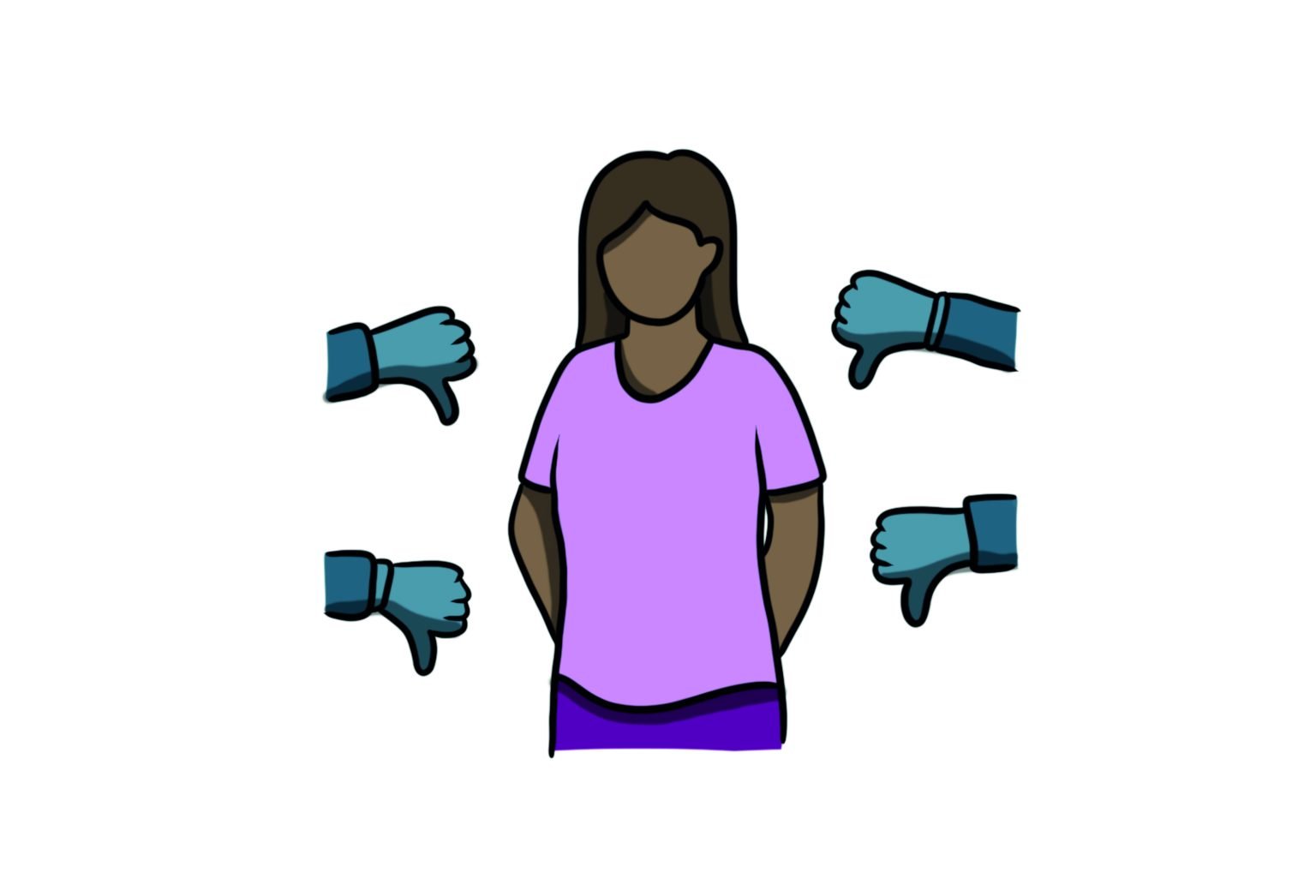FAILURE TO ACCOMMODATE INJURIES
Failure to accommodate injuries in the context of workers’ compensation refers to situations where an employer or the workers’ compensation insurance company fails to provide appropriate accommodations for an injured worker’s limitations or disabilities resulting from a work-related injury. Here are some issues related to the failure to accommodate injuries in workers’ compensation: Lack of modified work: Injured workers may have restrictions or limitations that prevent them from returning to their previous job duties. Employers have a legal obligation to make reasonable accommodations that allow injured employees to perform modified or alternative work tasks within their capabilities. However, some employers may fail to provide suitable job assignments or fail to explore available options for modified work. Inadequate equipment or assistive devices: In certain cases, injured workers may require specific equipment or assistive devices to perform their job duties safely and effectively. Failure to provide necessary equipment, such as ergonomic workstations, assistive technology, or mobility aids, can prevent injured workers from returning to work or increase the risk of further injury. Failure to engage in the interactive process: The interactive process refers to the communication and collaboration between the employer, the injured worker, and sometimes medical professionals or vocational experts to determine suitable accommodations. If an employer or insurance company fails to engage in this process, it can hinder the injured worker’s ability to access necessary accommodations.
